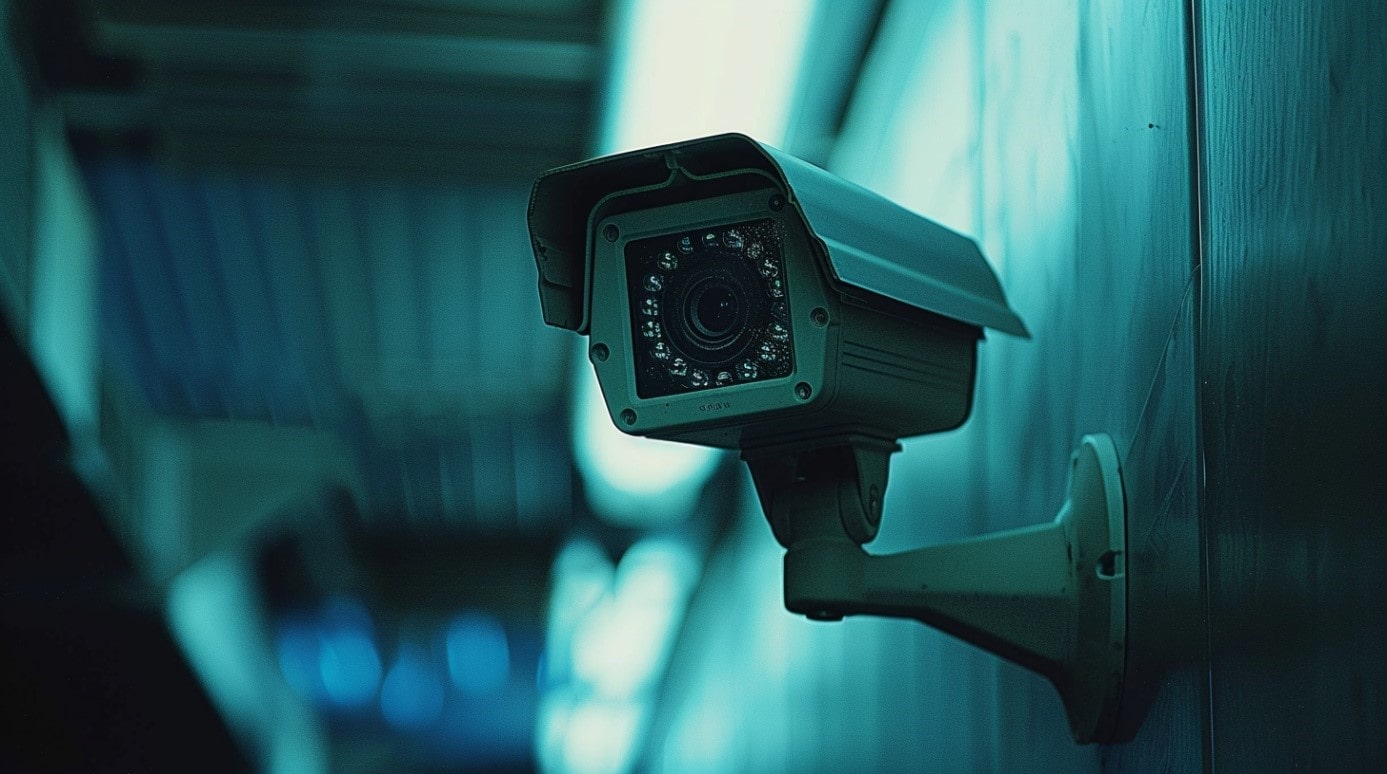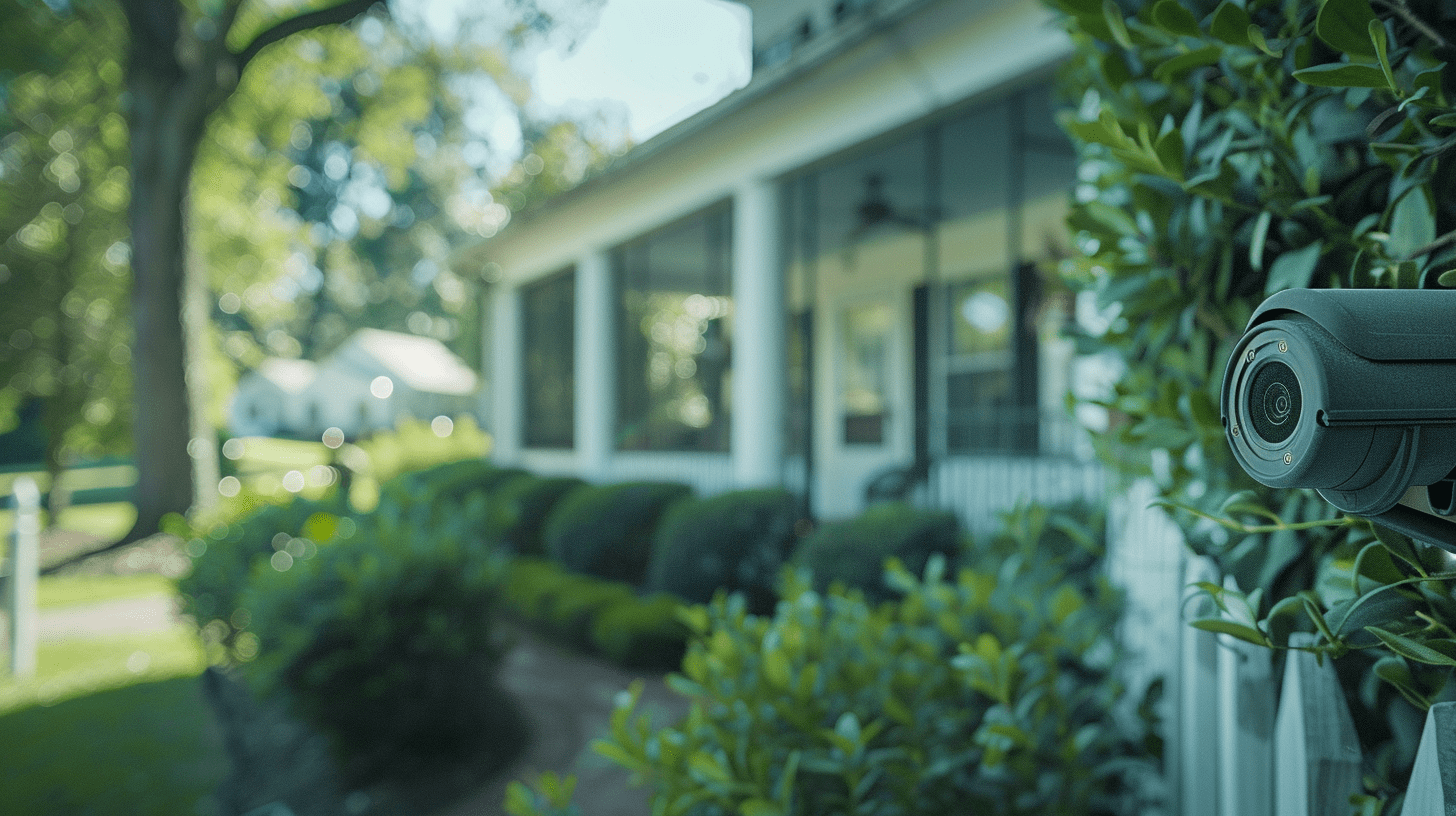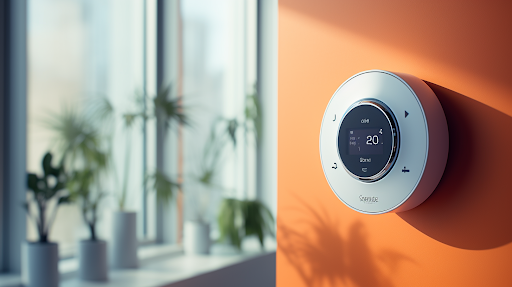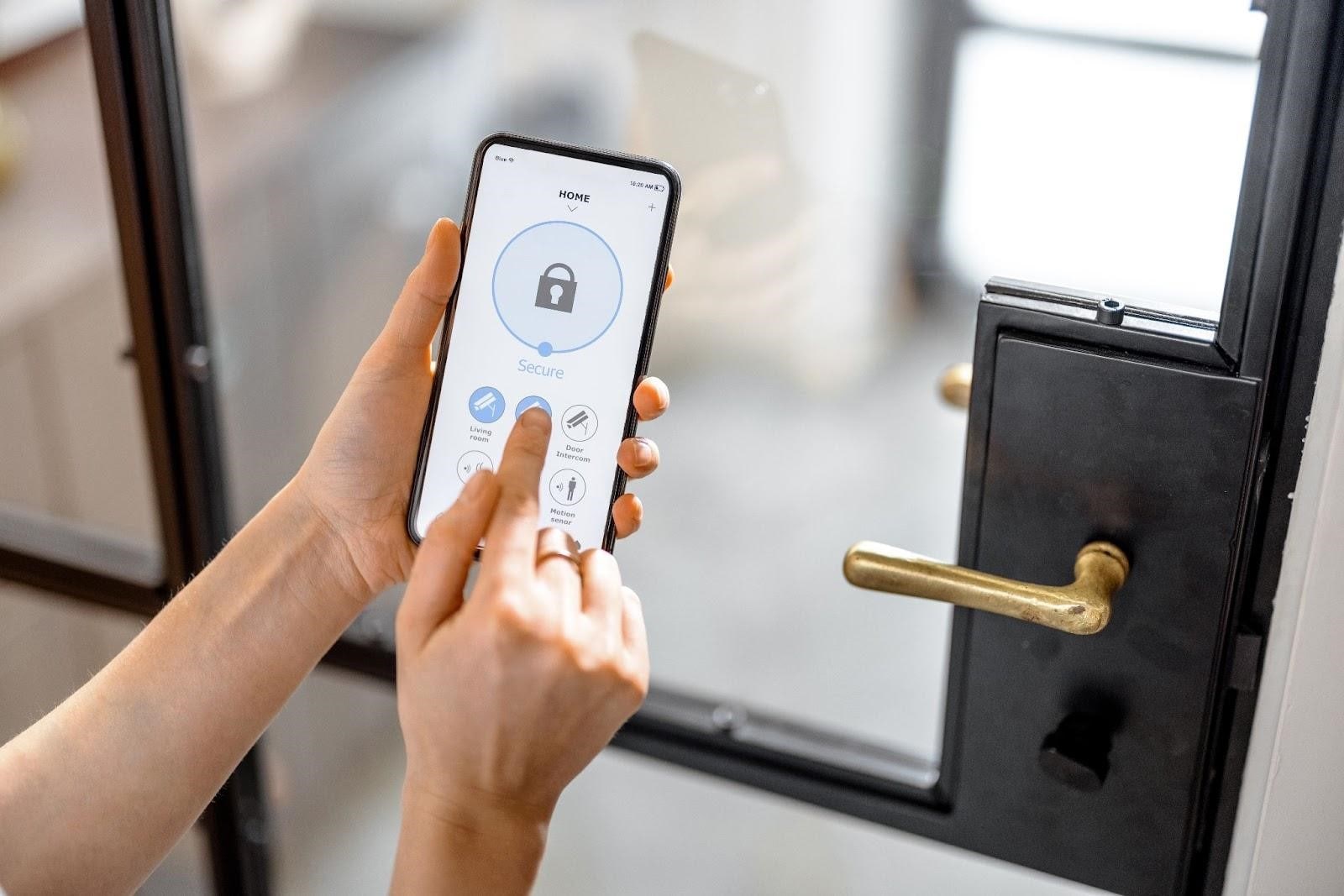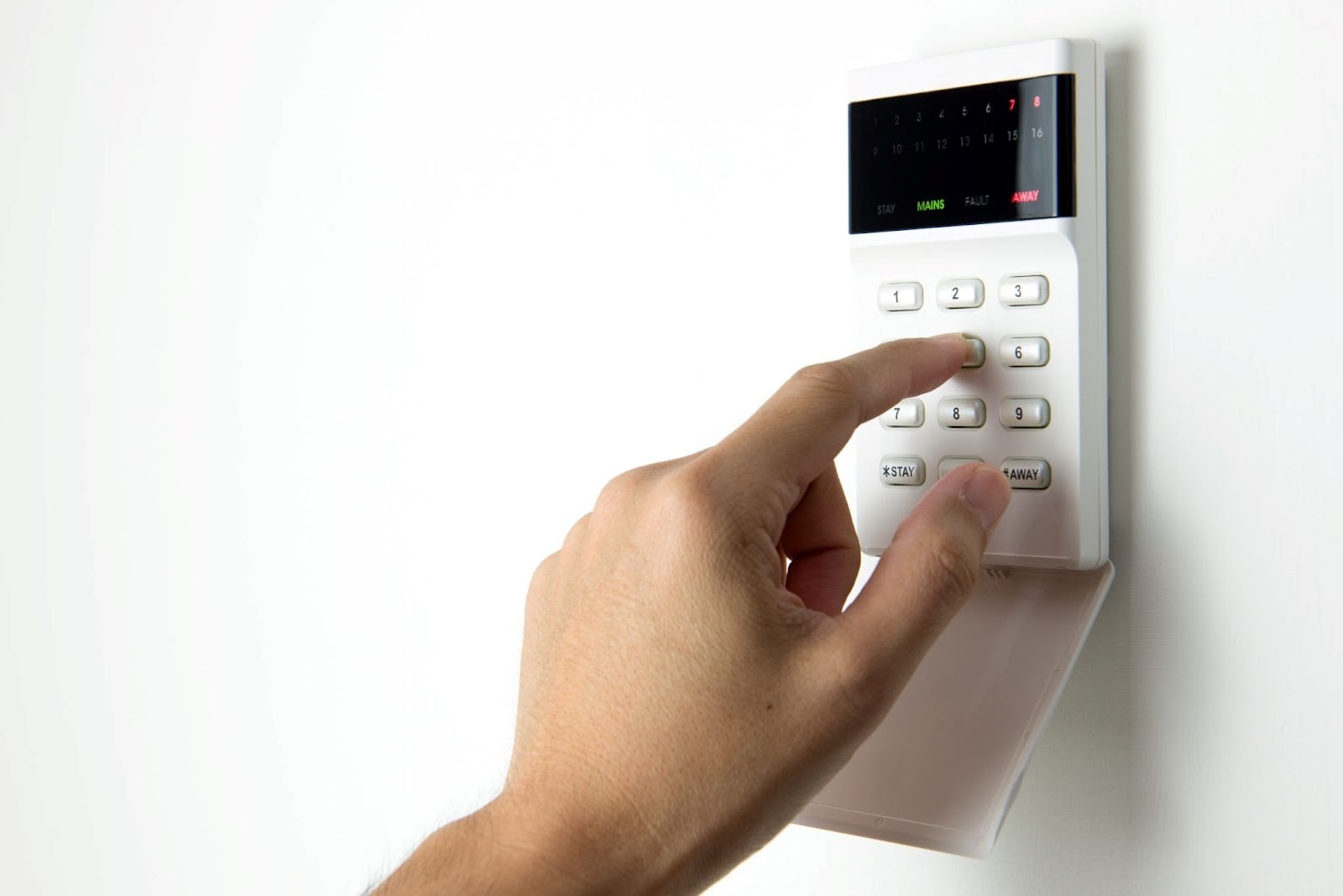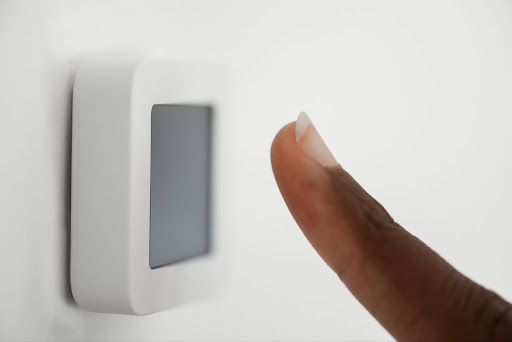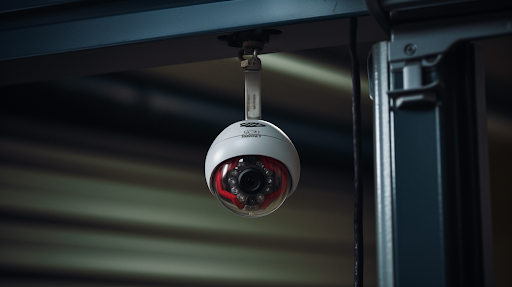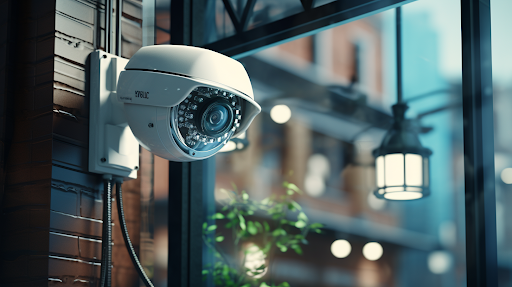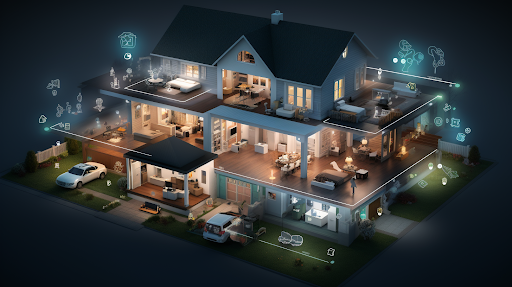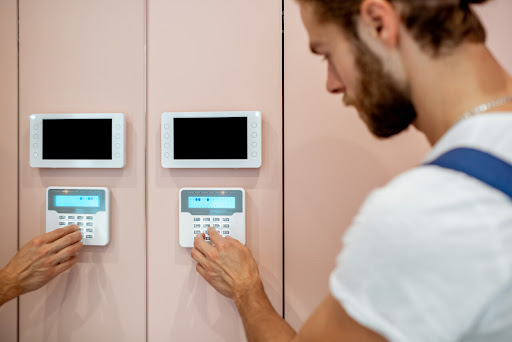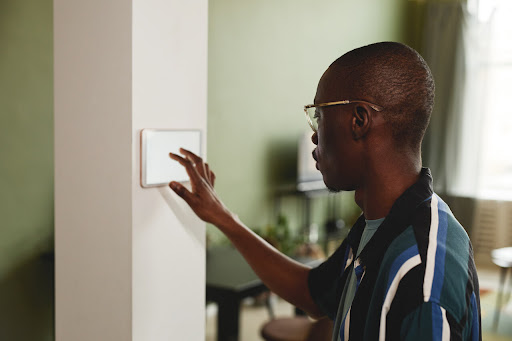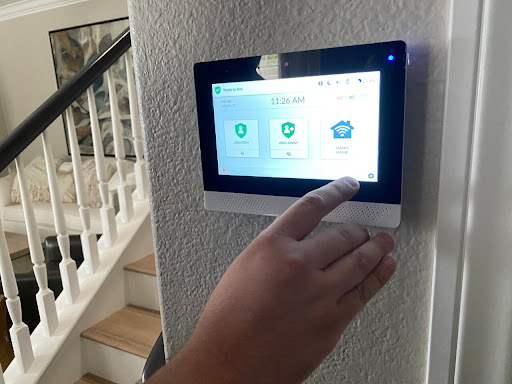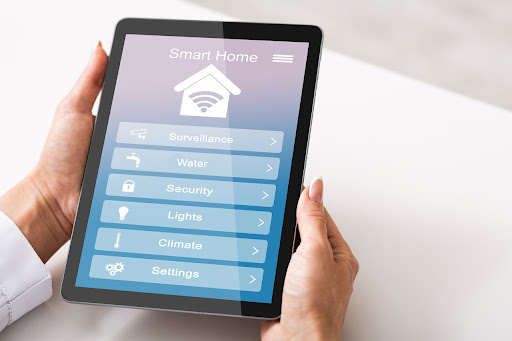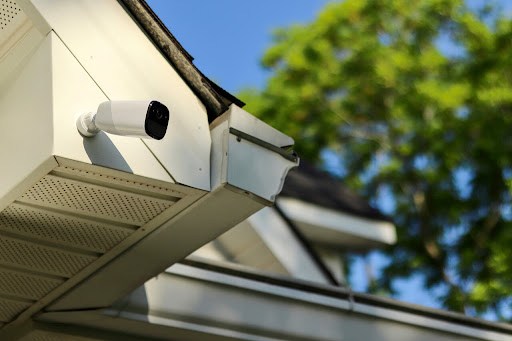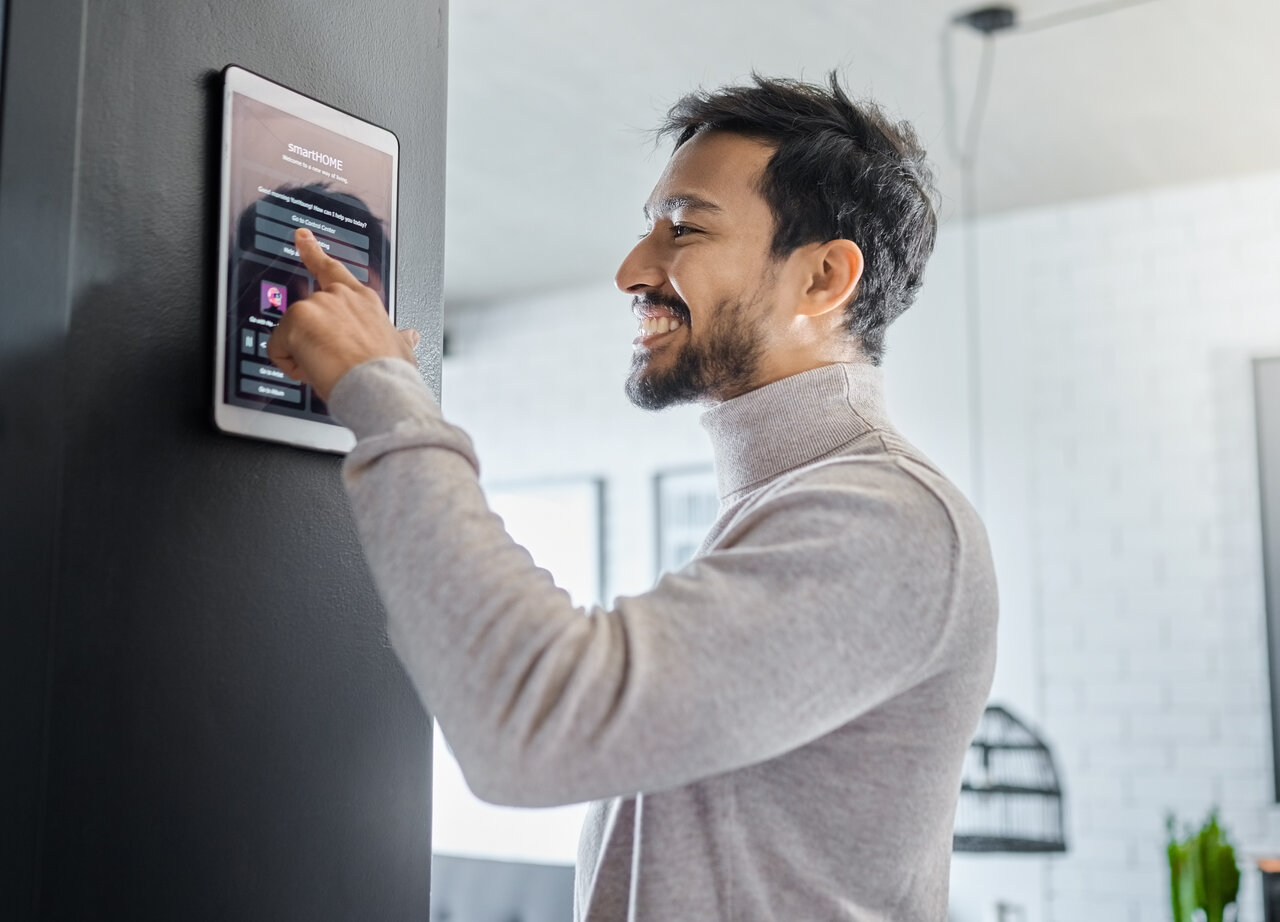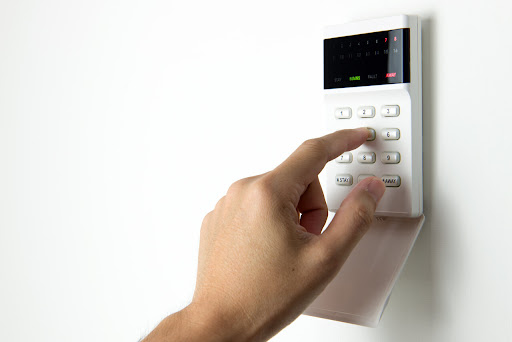
Are Home Alarm Systems Effective in Deterring Burglaries?
Sommaire
- What Are Home Alarm Systems?
- Do Alarms Actually Deter Burglars?
- Can Burglars Bypass Alarms?
- What Are The Benefits Of Home Alarm Systems?
- Deterrence
- Early Warning and Prompt Response
- Remote Monitoring and Control
- Fire and Smoke Detection
- Insurance Benefits
- Integration with Home Automation
- Peace of Mind
- Tips for Maximizing the Effectiveness of Home Alarm Systems
- Invest in a Home Alarm System
When it comes to protecting our homes and ensuring the safety of our loved ones, few things are as crucial as a reliable security system. In today’s world, where crime rates seem to be constantly on the rise, it’s only natural to seek ways to fortify our living spaces against potential threats. Home alarm systems have gained significant popularity over the years, promising to act as a deterrent against burglaries and break-ins. In this article, we delve into the world of home alarm systems and explore their effectiveness in deterring burglaries.
What Are Home Alarm Systems?
Home alarm systems, also known as security alarm systems or burglar alarm systems, are electronic devices designed to protect homes and properties from unauthorized access, intrusions, and burglaries. These systems work by detecting potential threats and triggering an alarm to alert homeowners, security personnel, or monitoring services about the breach.
Home alarm systems typically consist of several components that work together to create a robust security network. Let’s take a closer look at some of the key components commonly found in home alarm systems:
- Control Panel: The control panel serves as the central hub of the alarm system. It manages the communication between various components and acts as the interface for the homeowner to arm, disarm, and configure the system.
- Sensors: Sensors are crucial for detecting and monitoring different types of activities. The two most common types of sensors used in home alarm systems are door and window sensors as well as motion sensors.
- Keypad or Key Fob: Homeowners can arm or disarm the system using a keypad with a security code or a key fob with buttons to control the alarm remotely.
- Siren or Alarm: When a breach is detected, the alarm system activates a loud siren or strobe lights to alert the household members and deter intruders.
- Security Cameras: Many modern home alarm systems include surveillance cameras that allow homeowners to monitor their property remotely. These cameras can record footage and send alerts in case of suspicious activity.
- Control Apps: With the rise of smart home technology, many home alarm systems offer mobile apps that enable homeowners to control and monitor their security systems from their smartphones or tablets.
- Monitoring Service: Some homeowners opt for professional monitoring services, where a third-party company monitors their alarm system 24/7. If an alarm is triggered, the monitoring center can notify the homeowner or emergency services, depending on the situation.
What security system is right for you?
Do Alarms Actually Deter Burglars?
The presence of a security alarm acts as a strong deterrent for potential commercial and residential burglaries. When burglars see that a property is protected by an alarm or smart security cameras, they know that their chances of being caught are significantly higher. This knowledge alone is often enough to make them think twice about attempting a break-in.
Having a security alarm not only prevents burglaries but also provides added peace of mind. With the advancement of technology, modern alarm systems go beyond just sounding an alarm when triggered. These modern home security systems not only capture high-quality footage of any suspicious activity but also allow homeowners to monitor their property remotely. The ability to see live video feeds and receive alerts in real-time provides an added layer of security. Criminals are aware of these advanced technologies and are more likely to avoid potential targets with visible installations of security cameras.
Can Burglars Bypass Alarms?
While no security system is entirely foolproof, a well-designed and properly installed home alarm system can be extremely difficult for burglars to bypass. Modern alarm systems incorporate advanced technology and multiple layers of protection, making it challenging for intruders to circumvent their defenses.
Here are some reasons why good alarm systems are hard to bypass:
- Tamper Resistance: High-quality alarm systems are built to withstand tampering attempts. Components such as control panels, sensors, and keypads are designed to be tamper-resistant, meaning they have safeguards in place to detect and alert authorities if someone tries to disable or manipulate them.
- Multiple Detection Methods: Good alarm systems employ multiple detection methods to ensure comprehensive coverage. By combining door/window sensors, motion sensors, glass-break detectors, and other advanced sensors, these systems can detect different types of intrusion attempts and trigger the alarm accordingly.
- Dual Path Communication: To ensure reliable communication, modern alarm systems often utilize dual path communication. This means that the system can transmit alarm signals via both landline and cellular networks. If one communication method is compromised or disabled, the system can automatically switch to the alternative path, ensuring that alarm signals reach the monitoring center.
- Encryption and Authentication: Advanced alarm systems use encryption and authentication protocols to secure communication between the components of the system. This prevents potential hackers from intercepting or manipulating the signals, making it extremely difficult for them to disarm or bypass the system.
- Backup Power and Redundancy: Good alarm systems have built-in backup power sources, such as batteries, to ensure functionality even during power outages. Additionally, they may have redundancy features, such as redundant communication paths or backup monitoring centers, to maintain system integrity in case of equipment failure or network disruptions.
- Professional Installation: The effectiveness of an alarm system greatly depends on professional installation. Certified technicians have the expertise to strategically place sensors, calibrate the system, and ensure all components are properly connected and functioning optimally. This level of precision makes it harder for burglars to find blind spots or exploit system vulnerabilities.
What Are The Benefits Of Home Alarm Systems?
Home alarm systems offer a range of benefits that contribute to enhancing the security and peace of mind of homeowners. Here are some key advantages of having a home alarm system:
Deterrence
The primary benefit of a home alarm system is its deterrence factor. Research consistently shows that the mere presence of an alarm system can discourage potential burglars and intruders from targeting a property. Visible signage or stickers indicating the presence of an alarm system act as a powerful deterrent, as criminals are more likely to seek easier targets.
Early Warning and Prompt Response
Home alarm systems provide early warnings of property crimes by immediately detecting unauthorized entry attempts, break-ins, or suspicious activity. When an alarm is triggered, it alerts both the occupants of the house and, if subscribed to a monitoring service, the authorities. This early warning of criminal activity allows for a prompt response, increasing the chances of apprehending intruders and minimizing potential losses.
Remote Monitoring and Control
Modern smart home security systems offer remote monitoring and control capabilities. Through mobile apps or web interfaces, homeowners can monitor their security system from anywhere, receiving real-time alerts and accessing live video feeds from security cameras. This remote control feature allows homeowners to stay connected and have peace of mind, even when they are away from home.
Fire and Smoke Detection
In addition to protecting against burglaries, home alarm systems often include fire and smoke detectors. These devices can detect smoke, heat, or fire-related emergencies, triggering the alarm and alerting occupants to evacuate promptly. Early detection of fires can save lives and minimize property damage.
Insurance Benefits
Installing a home alarm system may lead to reduced insurance premiums. Many insurance companies offer discounts on homeowner’s insurance policies for homes equipped with alarm systems. This financial benefit can help offset the cost of the system over time.
Integration with Home Automation
Home alarm systems can integrate with home automation technologies, creating a comprehensive smart home security solution. The integration with smart home devices allows homeowners to control and monitor not only their alarm system but also other devices such as smart locks, lighting, and thermostats, further enhancing convenience by creating a comprehensive security system.
Peace of Mind
Ultimately, the most significant benefit of a home alarm system is the peace of mind it provides. Knowing that your home is equipped with a reliable security system that can detect and deter intruders, provide early warnings, and summon help when needed allows homeowners to feel protected, even during times of increased vulnerability.
Tips for Maximizing the Effectiveness of Home Alarm Systems
By following these suggestions, you can ensure that your burglar alarm system becomes an even more powerful deterrent against burglaries:
- Consider installing security sensors on all entry points of your home. These sensors can detect any unauthorized access and trigger the alarm system to sound off. By covering all possible entry points, including doors and windows, you create multiple layers of protection that make it incredibly difficult for burglars to enter undetected. This extra security can significantly reduce the chances of a break-in and give you peace of mind.
- Invest in outdoor home security cameras. These cameras act as an additional layer of security by capturing any suspicious activity happening around your property. Not only do they provide valuable evidence in case of a burglary, but their mere presence can deter potential criminals.
- Consider investing in smart locks. Smart locks provide an effective and secure way of replacing traditional mechanical locks by using digital security features such as code, fingerprint scanner, a mobile app, or a keypad. This allows users to keep their homes secure without having to rely on physical keys or vulnerable hiding places for spares.
These additional security measures work alongside traditional home alarm systems to further fortify your home. Although homes with security alarms are a brilliant deterrent to burglars, if you want maximum peace of mind, consider investing in a fully comprehensive security system that protects your home from all angles.
Invest in a Home Alarm System
Homeowners are always looking for ways to protect their property, belongings, and family, with an all-inclusive security system being the ultimate solution. At Sting Security, we understand how essential home safety is and our aim is to make alarm and security systems as accessible and user-friendly as possible. This is why we offer an impressive residential security system that you can control from your mobile phone. No matter where you are in the world, you have complete control over your home’s safety!
